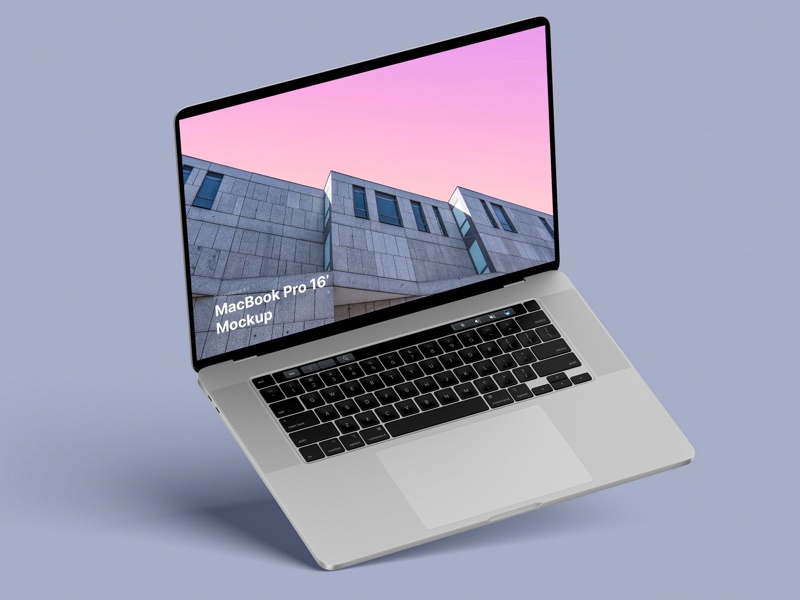Views
2514
Replies
76
Status
Closed
I am having quite a lot of difficulty in dealing with a photographer who took some pictures for me.
He and I agreed that he would give me all the photo files from the session. The photographer used a digital Nikon camera to take the pictures and has has some sample 10 x 8s printed by a photo printing company.
QUESTION 1: The prints are on Epson paper. This suggests to me that they have been done on a computer-attached printer rather than at a photo company. Is this correct? Is a professionally printed digital photo is better than one printed by a computer printer?
Then my photographer explained to me that the pictures are in RAW files and that a photo printing company would not be able to read them. This seems odd to me. QUESTION TWO: Can someone tell me if this is true? I am in the UK if that makes a difference.
When I pressed him for the files he gave me the option of having the files converted to JPEG or TIFF. I don’t know which one file format best preserves the quality of the original so I went for JPEG. These are studio pictures of me which are in color but many of which I will have printed in Black & White. I will need to have some of them retouched with Photoshop or something like that. QUESTION THREE: Is JPEG better than TIFF for my purposes?
He and I agreed that he would give me all the photo files from the session. The photographer used a digital Nikon camera to take the pictures and has has some sample 10 x 8s printed by a photo printing company.
QUESTION 1: The prints are on Epson paper. This suggests to me that they have been done on a computer-attached printer rather than at a photo company. Is this correct? Is a professionally printed digital photo is better than one printed by a computer printer?
Then my photographer explained to me that the pictures are in RAW files and that a photo printing company would not be able to read them. This seems odd to me. QUESTION TWO: Can someone tell me if this is true? I am in the UK if that makes a difference.
When I pressed him for the files he gave me the option of having the files converted to JPEG or TIFF. I don’t know which one file format best preserves the quality of the original so I went for JPEG. These are studio pictures of me which are in color but many of which I will have printed in Black & White. I will need to have some of them retouched with Photoshop or something like that. QUESTION THREE: Is JPEG better than TIFF for my purposes?

Must-have mockup pack for every graphic designer 🔥🔥🔥
Easy-to-use drag-n-drop Photoshop scene creator with more than 2800 items.
